100 Women 2016: Is feminism just for white women?
- Published
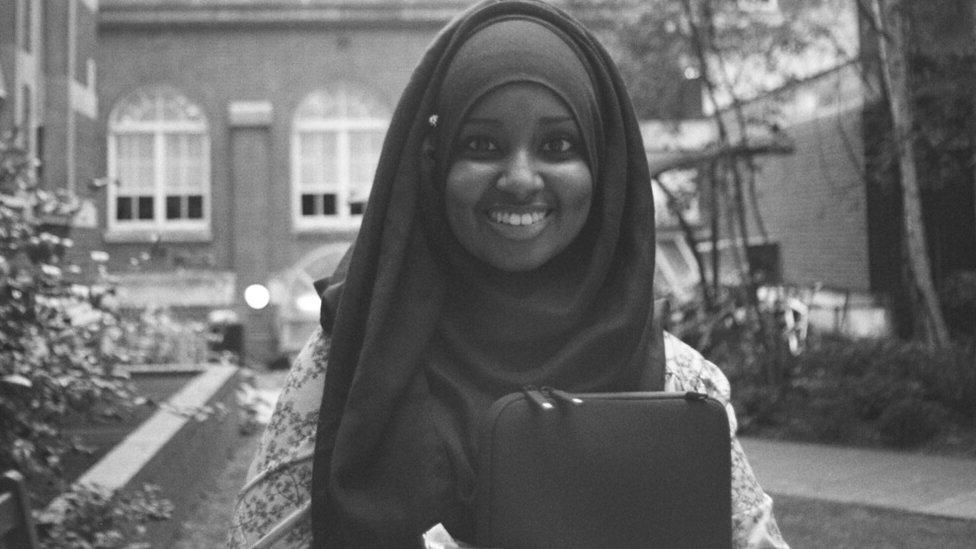
Rahma Hussein says: "The only feminism which includes me as a black Muslim woman is intersectional feminism. It allows me to celebrate and liberate, leaving no one behind." Intersectional feminists argue that an individual woman's identity is made up of much more than their gender; that women may be discriminated against for their race, religion, or another layer of who they are; and that the feminist movement should be open to all.
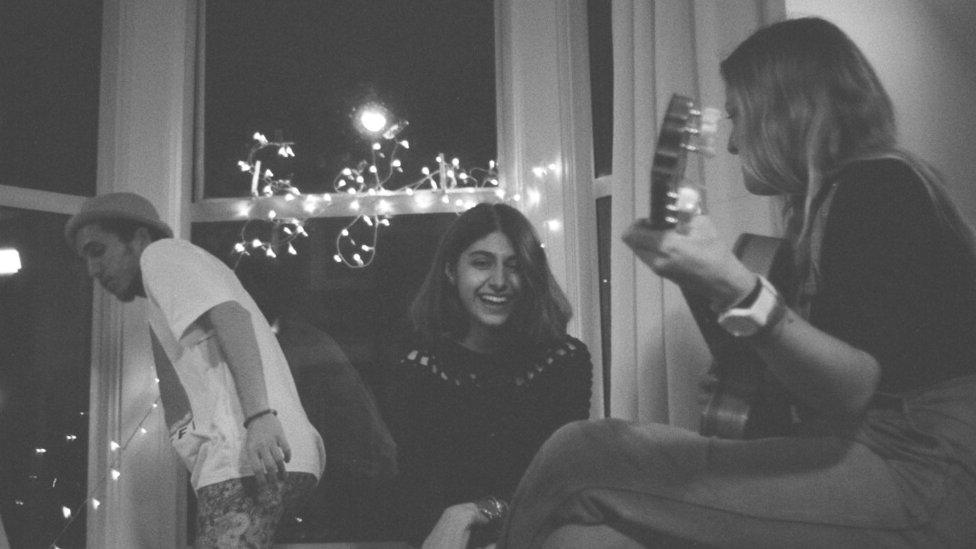
Rukaiyah Qazi says: "I think feminism can include everyone who wants to be involved, ideologically speaking. At its best, feminism is empowering for all marginalised groups. But it takes feminists and those within the movement to realise this and open doors for feminism to be truly inclusive. I think this will only make it more powerful.
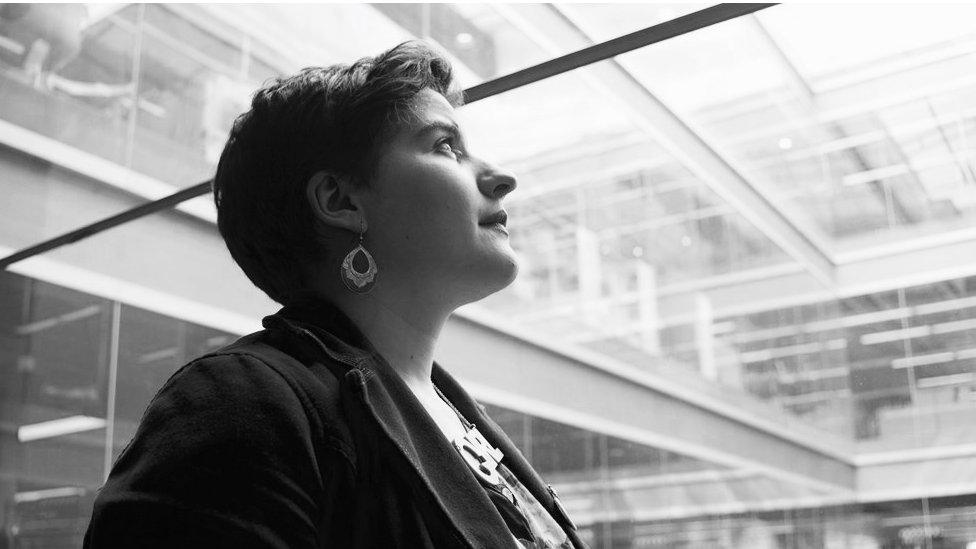
Megan Beech says: "I think it’s unacceptable to not be intersectional. To not think how things oppress us all in different ways. How not all of us face a struggle for our religion or race, for our gender identity, mental health history. For the people we love or the things that we say. Where our paths cross, let that be our way. Know how much space you take up. Open your mind and wake up to the worlds worn by other women. Don’t speak over. Listen."
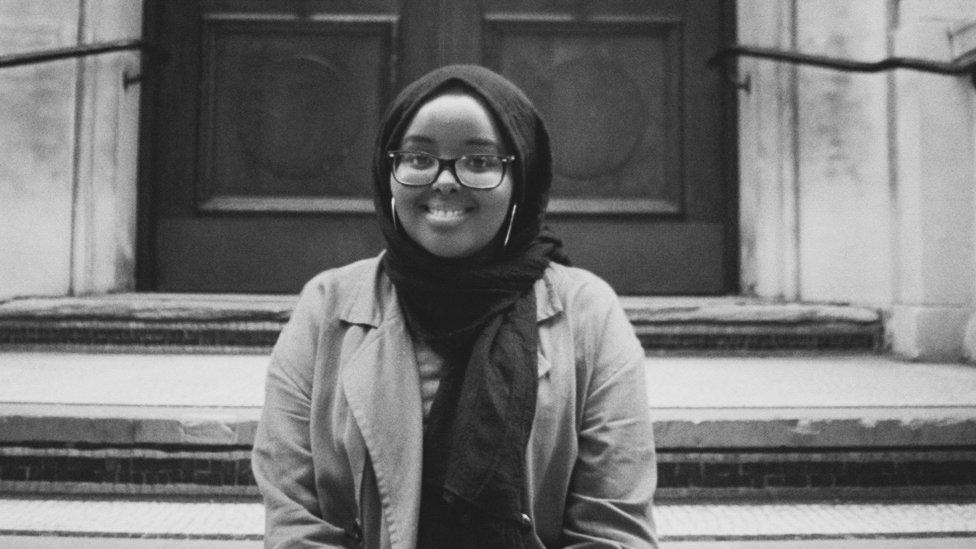
Heather Abdule says: "Black women unquestionably face a greater struggle in that they are subjugated by the intersections of their race and gender. In Britain, Muslim women are the most economically disadvantaged group and are three times more likely to be unemployed in comparison to their white female counterparts. The gendered nature of Islamophobia has often been disregarded and overlooked by Muslim communities. As a black Muslim woman, intersectionality is not a choice but a necessity."
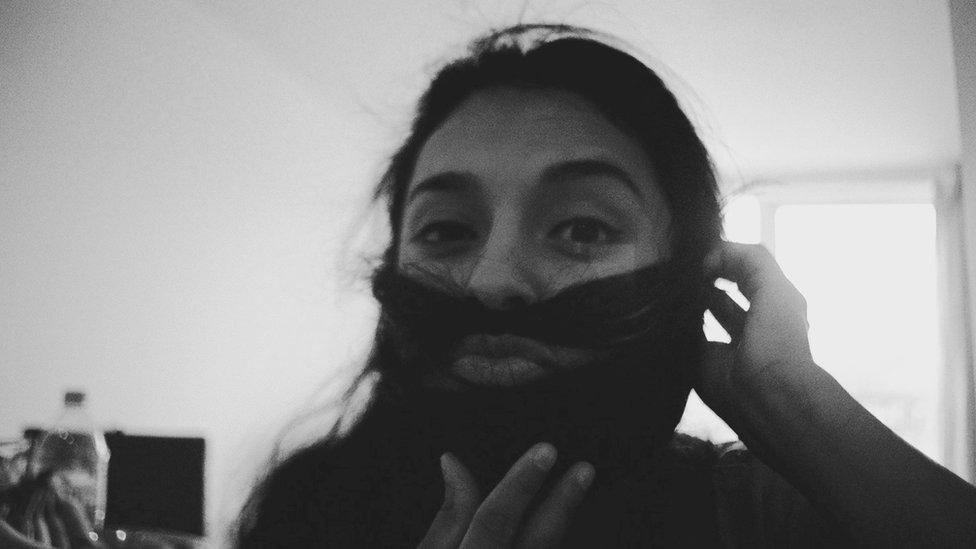
Architha Srinivasan says: "It's about equity, not equality. So, feminism includes me."
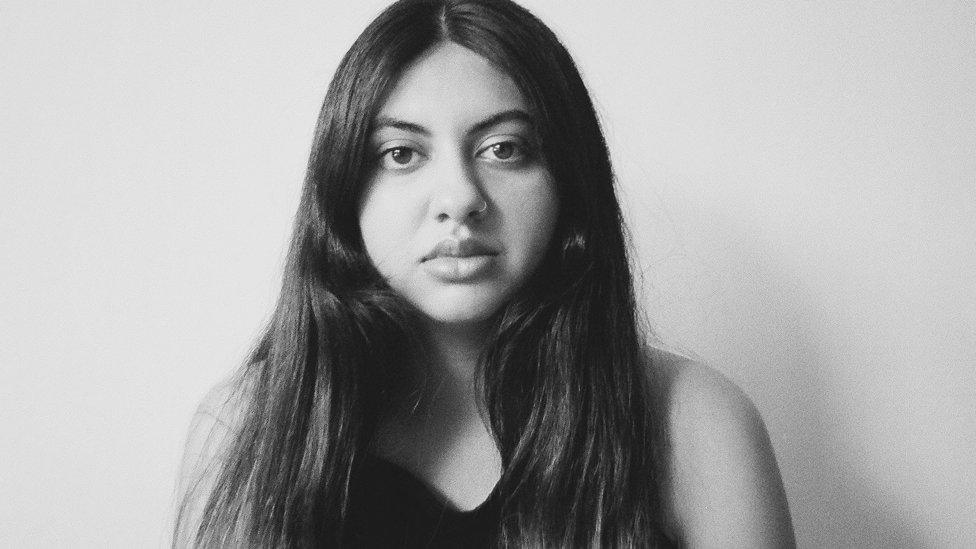
Naadirah Qazi says: "When I think of the push for intersectionality within feminism, I think of that Rupi Kaur poem: 'Don't tell me my women aren't as beautiful as the ones in your country.'
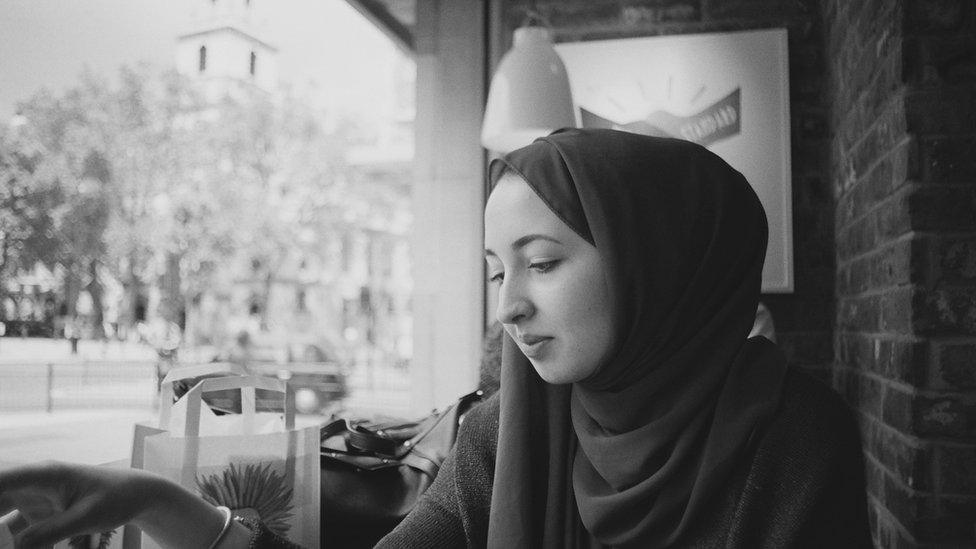
Nadine al-Manasfi says: “For a while I homogenised feminism out of the narrow and exclusionary experience I had. But I've found a welcome and inclusive feminism that recognises and embraces the agency of Muslim women.”
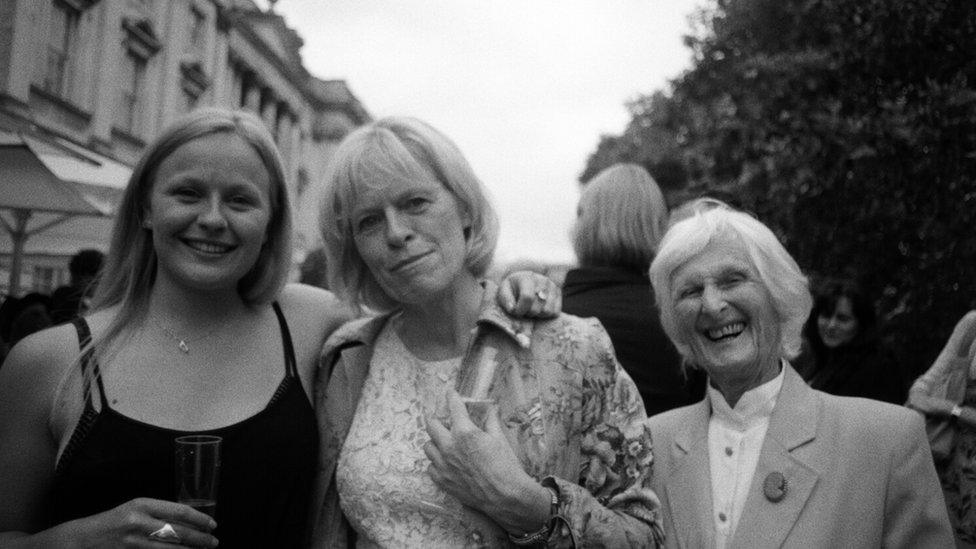
Camilla Lovegrove (L, with mum and grandmother): "I never believed in the inequality of the genders until at university a friend of mine remarked how I was bought up by strong independent women. I was so confused by this language. We were just women getting on with our lives. I then began to realise that this type of language is inherent in our society when used to describe powerful women. So I realised feminism includes me."
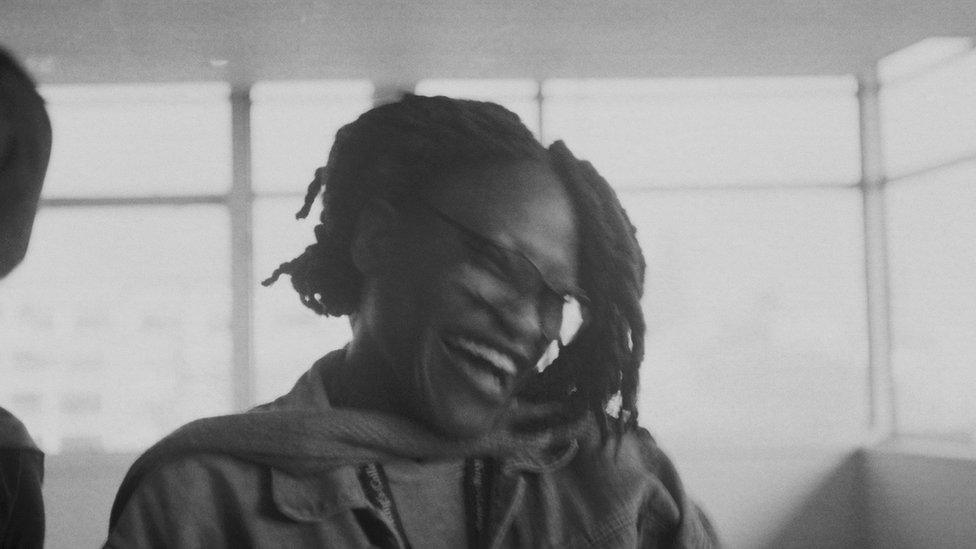
Michal Alfred-Kamara says: "I deliberately and loudly claim feminism even when feminists with different concerns call me divisive, in order to make feminism inclusive."
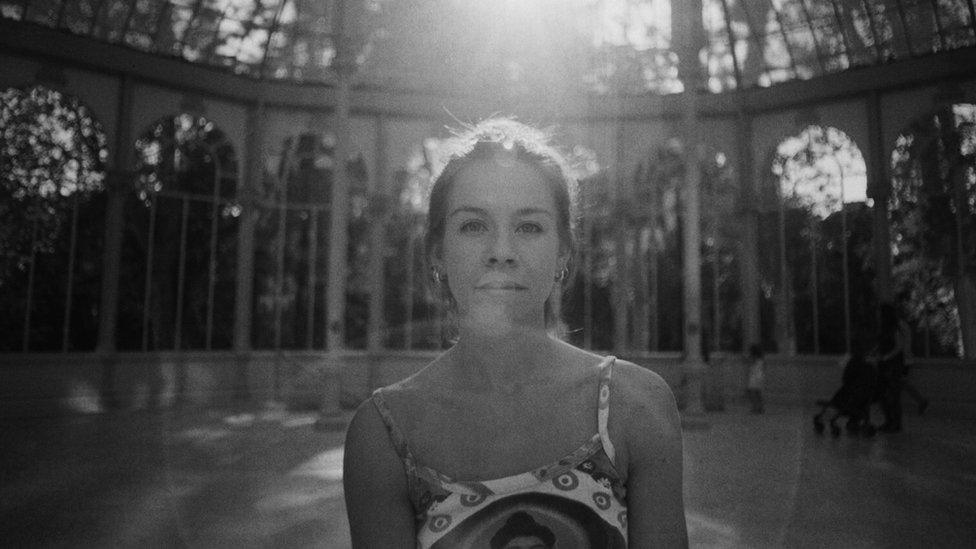
Erin Dexter says: "Feminism is for everybody, because sexism damages everyone. If you're not a feminist you're either a misogynist or you need to look in a dictionary."